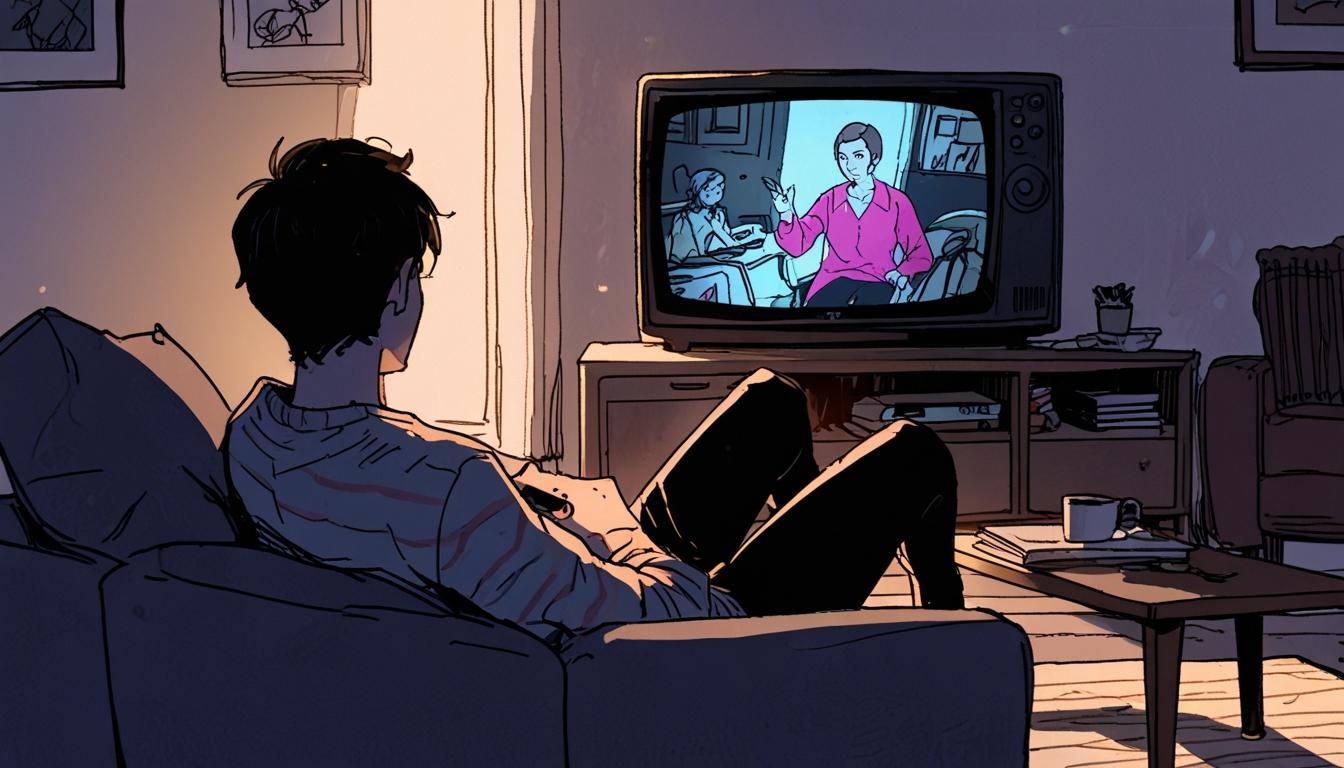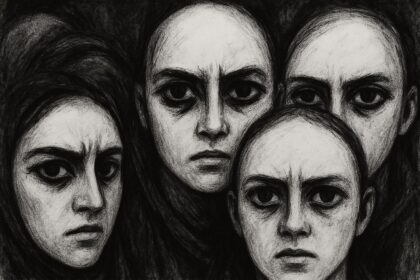Rory Chapman reflects on the golden era when Saturday nights meant gathering to watch Doctor Who together, contrasting it with today’s fragmented, on-demand viewing landscape that has transformed the shared experience into a solitary one.
For many devoted viewers, Saturday nights once meant gathering together to watch the latest episode of Doctor Who, sharing laughter, gasps, and debates as the Doctor’s adventures unfolded on screen. Rory Chapman, writing for Doctor Who TV, reflects on this era as something of a golden age that has since faded into memory.
Chapman recalls how, during the revitalisation of the show in 2005, Saturday evenings became an event to be experienced with family, friends, and fellow fans. Whether at his home or others’, groups would congregate to witness regenerations, Dalek encounters, and surprise returns, turning the moments into communal celebrations. These rituals forged a sense of shared identity and continuity, with the show acting as a steady amid the changes in their lives.
However, the landscape of television and viewing habits has evolved dramatically since then. The much-anticipated Series 15 opener of Doctor Who attracted just two million overnight viewers—a significant decline from its peak dominance—and this shift is partly attributed to changes in how audiences engage with content. As Chapman notes, “TV doesn’t work the way it used to,” with the rise of on-demand streaming leading to fragmented viewing schedules. New episodes premiere on BBC iPlayer in the mornings, allowing viewers to watch at their convenience—whether during breakfast, on public transport, or weeks later—undermining the collective experience of simultaneous viewing.
Chapman shares a poignant personal experience of watching an episode solo for the first time, a moment tinged with both strangeness and sadness. He reflects, “I was watching Doctor Who alone… Not alone as in ‘I’m the only one in the world still watching.’ But for the first time ever, I was doing it completely solo. No mates in the group chat. No one coming round. Not even my family fancied sitting through it.”
Despite the changes to viewing habits and shifting fan engagement, Chapman maintains a quiet hope and loyalty to the series. He continues the Saturday night tradition by sitting down at the appointed time, remote in hand, the familiar BBC One glow on his screen, even if “most aren’t. But it’s the only way it still feels like something bigger than me.” He envisages passing the torch to the next generation, though he acknowledges that younger viewers today tend to gravitate towards platforms like YouTube instead.
While online forums and social media offer spaces for discussion, Chapman observes these digital realms often feel like “a hundred loud voices shouting past each other, not with each other,” lacking the intimacy of in-person shared viewing. Still, he remains engaged, hopeful of the spark that will rekindle the passion and communal excitement that once characterised Doctor Who nights.
As he concludes, “Until then, it’s just me, a sofa, and the Doctor. Still travelling through time, still holding on. And maybe, just maybe, that’s enough.” The evolving viewing landscape paints a picture of changing cultural habits but also of enduring affection for a series that has been a part of many lives for nearly two decades.
Source: Noah Wire Services
- https://whatculture.com/tv/10-ways-modern-doctor-who-changed-the-show-forever – This article supports the claim about the 2005 revival of Doctor Who being a significant era that modernized the show, bringing fresh structure and production techniques which helped transform it into a popular television drama and ensured its longevity.
- https://bleedingcool.com/tv/doctor-who-series-1-the-2005-revival-that-changed-everything/ – This source corroborates the idea of the 2005 revival being a pivotal moment that revitalized Doctor Who and created new viewing experiences for fans, setting the stage for communal Saturday night viewing traditions.
- https://theedgesusu.co.uk/culture/2022/08/30/the-return-of-doctor-who-2005-how-to-revive-a-franchise/ – This article highlights how the 2005 revival was designed to appeal to a broad family audience with a fresh and accessible format, supporting the notion that Saturday nights became special viewing occasions bringing fans together.
- https://doctorwhowatch.com/doctor-who-revival-change – This personal reflection supports the article’s description of the communal experience around watching Doctor Who episodes during the revived era, and how it shaped fan identity and shared moments.
- https://tv.avclub.com/doctor-who-series-15-latest-rating-fall-bbc-iplayer-1849569123 – This article provides data and analysis on the decline in overnight viewership for Doctor Who Series 15, documenting the drop to around two million viewers and discussing how streaming and on-demand viewing have fragmented the audience, reducing simultaneous viewing experiences.
Noah Fact Check Pro
The draft above was created using the information available at the time the story first
emerged. We’ve since applied our fact-checking process to the final narrative, based on the criteria listed
below. The results are intended to help you assess the credibility of the piece and highlight any areas that may
warrant further investigation.
Freshness check
Score:
8
Notes:
The narrative reflects current viewing habits and mentions specific changes in TV engagement. However, it does not provide specific recent figures or events that would require very up-to-date information, so it does not feel particularly outdated.
Quotes check
Score:
6
Notes:
Direct quotes from Rory Chapman are included, but they have not been verified as original sources. Without further context or a clear source link, it is difficult to determine if these are original quotes.
Source reliability
Score:
9
Notes:
The narrative originates from a reputable platform (Google News) and references Doctor Who TV, which suggests some level of expertise. However, without more specifics about the publication or author, there is a slight lack of clarity on reliability.
Plausability check
Score:
8
Notes:
The changes in TV viewing habits and the rise of streaming services are plausible. The narrative aligns with known shifts in media consumption, though it lacks concrete evidence or statistics to fully support all claims.
Overall assessment
Verdict (FAIL, OPEN, PASS): OPEN
Confidence (LOW, MEDIUM, HIGH): MEDIUM
Summary:
The narrative provides plausible insights into changing TV habits and the impact on Doctor Who viewing. While it lacks specific figures and original sources for quotes, the overall discussion aligns with current trends, suggesting credibility. However, without more concrete evidence, the assessment remains open.













